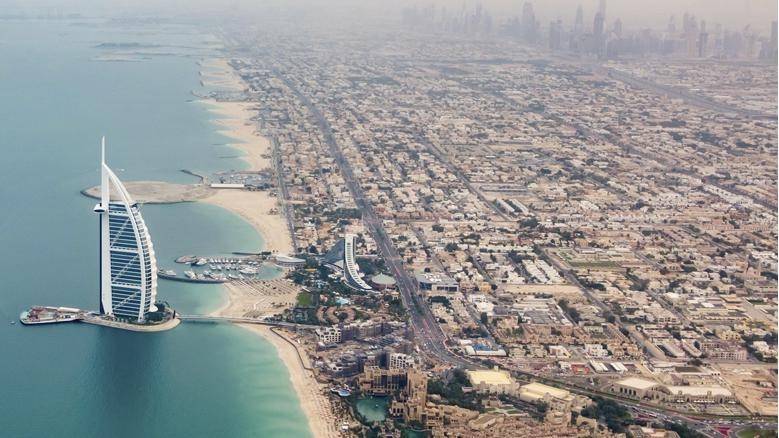The UAE’s real estate industry has registered improvements in JLL’s Global Real Estate Transparency Index (GRETI) 2020, which provides a reliable measure of real estate market transparency and is a useful indicator of a city’s overall ‘real estate investment health’.
In this year’s edition, the index reveals the increasing attractiveness of Dubai as an investment hub within the region. The city climbed up three ranks (36th) to maintain its position as the most transparent market in the Middle East.
“Our GRETI report this year is being launched at a time of massive economic and societal disruption. As governments and businesses recover from the impact of COVID-19, questions around transparency and trust have been bought into even sharper focus,” said Thierry Delvaux, CEO, JLL Middle East and Africa (MEA).
“During times of such uncertainty, the need for transparent processes and accurate, timely data becomes more important than ever. The findings of our report provide reasons for optimism with the current disruption forcing the pace of change.”
According to the report, the most significant initiative launched in 2019, and a key contributor to Dubai’s ranking, was the creation of an official residential transaction-based index, Mo’asher, by the Dubai Land Department (DLD) in partnership with a private sector entity.
“Mo’asher constitutes a potentially important step forward for Dubai, as it means the establishment of a single index that is widely used by all market participants,” said Dana Salbak, Head of Research for JLL MENA.
Abu Dhabi a top performer on the back of sustainability initiatives
Driven by the introduction of further initiatives to promote corporate and real estate sustainability, Abu Dhabi emerged as a top performer globally, reflecting positively on the overall transparency ranking and future investment outlook.
“Among the many initiatives introduced, the UAE Ministry of Climate Change and Environment signed a pledge with the Abu Dhabi Global Market (ADGM), a financial Freezone, to embed sustainable finance policies in the UAE, contributing to the emirate’s ranking. The policies cover all forms of corporate and investment financial services which yield environmental, social, and economic benefits,” added Salbak.
Other factors include the first Green REIT, established at the ADGM in early 2020 by Masdar, a subsidiary of Mubadala Investment Company and one of the world’s leading renewable energy and sustainable real estate companies. Beyond sustainability, The Abu Dhabi Digital Authority (ADDA) also unveiled a new Abu Dhabi Data Management Program (DMP), offering a data-centric platform and sharing ecosystem. This falls under the Open Data initiative as part of Ghadan 21, Abu Dhabi’s accelerator programme, which is designed to fulfil the government’s vision of a diversified knowledge based economy making the Emirate one of the best places in the world to do business, invest, live, work and visit.
Saudi Vision and National Transformation Plan drive the need for more transparency
According to JLL’s report, Saudi Arabia continues to demonstrate a strong commitment to the implementation of positive reforms to expand the economy and the real estate market. Conscious of the role data plays in market transparency, the Saudi government rebranded its publicly available central database – The General Authority for Statistics – and has continued to collate more data from government agencies. Ministries and government organizations such as the Ministry of Finance and the Saudi Arabian Monetary Authority have also begun to publish more micro-level indicators on a monthly and quarterly basis. Data from the Ministry of Justice has also become a valuable indicator for commercial and residential real estate transactions and performance.
All rights reserved to the initial publisher for Khaleej Times.
Collected and published by Arms &McGregor International Realty editorial team.

